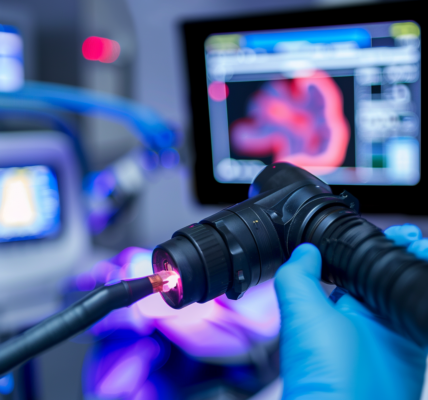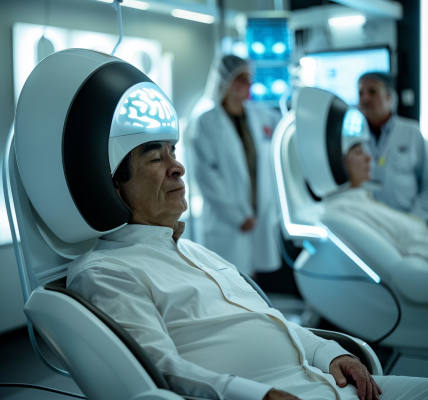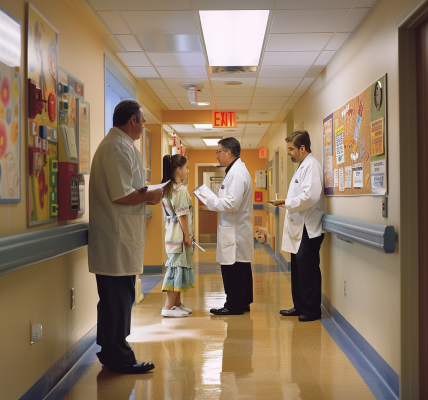Colorectal cancer is on the rise, particularly among younger adults, with alarming statistics emerging from recent studies. According to the American Cancer Society, approximately 153,000 individuals in the United States are expected to receive a colorectal cancer diagnosis this year. Notably, the trend indicates that a growing proportion of these cases—estimated at 13%—will be in adults under the age of 50. This marks a 9% increase compared to figures from 2020, highlighting the urgent need for awareness and early detection.
The reasons behind the increase in colorectal cancer among younger populations remain unclear. Experts suggest that lifestyle factors such as diet and alcohol consumption may play a role, but the precise causes of cancer in individuals are often unpredictable and can vary widely. As the Centers for Disease Control and Prevention (CDC) recommends beginning routine screenings at age 45, it is crucial for younger individuals to be vigilant about their health and recognize when to seek medical advice.
One poignant story that sheds light on this issue comes from Bri Mahon, a 31-year-old mother of twins from Newport Beach, California. Bri took to TikTok to share her personal journey, detailing the subtle signs that led to her diagnosis of stage three colon cancer. Her video has garnered nearly two million views, resonating with many who may be experiencing similar symptoms.
In her candid account, Bri revealed that she had been grappling with digestive issues for several years, initially attributing them to irritable bowel syndrome (IBS). However, as time went on, she began to experience heightened anxiety and significant fatigue. “I was having panic attacks, and I think it’s just because my body was really, really, really tired and going through whatever it’s going through growing a tumor,” she shared.
Last September, Bri gave birth to her twins, who were born prematurely and required four months of care in the neonatal intensive care unit (NICU). During this challenging period, she noticed blood in her stool but dismissed it as a possible side effect of her pregnancy. She thought her symptoms were merely stress-related, compounded by the emotional strain of having her newborns in the NICU. Despite her worsening fatigue, she rationalized her condition as a normal response to the stress of motherhood.
It wasn’t until the blood in her stool became a more frequent occurrence that Bri decided to consult her doctor. Following her concerns, she was referred to a gastroenterologist who ordered a colonoscopy. The procedure involved taking ten biopsies, ultimately leading to her diagnosis of colon cancer.
Bri’s story underscores the importance of being proactive about health, especially for younger adults who may not fit the traditional profile for colorectal cancer. Symptoms such as digestive issues, fatigue, and changes in bowel habits should not be ignored, regardless of age. Her experience serves as a reminder that early detection can be crucial in the fight against cancer.
As awareness of colorectal cancer continues to grow, it is vital for individuals to educate themselves about the potential warning signs and to seek medical attention when something feels off. The increasing incidence of colorectal cancer in younger adults highlights an urgent need for open conversations about health and wellness, as well as the importance of regular screenings.
In light of Bri’s experience, healthcare professionals encourage individuals to listen to their bodies and advocate for their health. By sharing her journey, Bri hopes to inspire others to take charge of their health and seek medical advice when necessary. Her message is clear: if you notice any unusual symptoms, don’t hesitate to speak up.
The rise in colorectal cancer cases among younger adults is a pressing public health concern that calls for increased awareness and education. As more individuals like Bri Mahon share their stories, it becomes increasingly important for society to recognize the significance of early detection and intervention in combating this disease.





